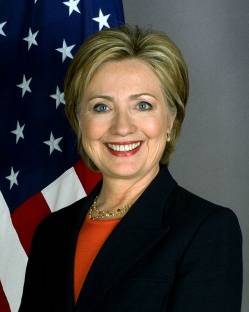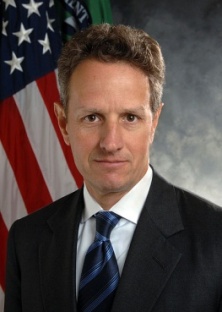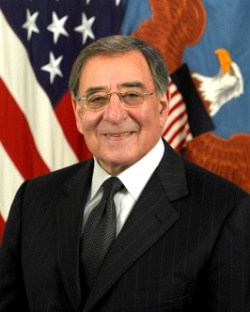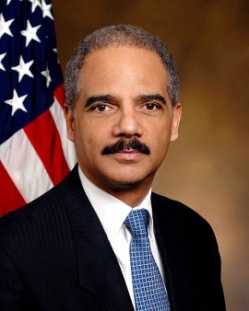| A | B |
|---|
| 1. The President's role as the head of the armed forces is known as what | Commander in Chief |
| 2. Who has the ability to appoint ambassadors | The President |
| 3. Who must confirm Presidential appointments | The Senate |
| the formal statement of a political party's basic principles | platform |
| the plan by which a presidential vacancy is filled | presidential succession |
| Under the ____ system, a candidate who wins the preference vote in a primary automatically wins the support of all the delegates chosen in the primary. | Winner take all |
| Presidential candidates often choose a running mate who can ____ by virtue of certain characteristics. | balance the ticket |
| Ratification of the ____ Amendment set a limitation of two terms per president. | 22nd |
| Ratified in 1967,the _______ Amendment established the order of succession to the presidency and spelled out what happens when the vice presidency becomes vacant. | 25th |
| This group truly chooses the President. | the Electoral College |
| 2nd in the line of succession for the presidency. | Vice President |
| 3rd in the line of succession for the presidency. | Speaker of the House |
| 4th in the line of succession for the presidency. | President Pro Tempore |
| 5th in the line of succession for the presidency. | Secretary of State |
| As of January 20, 2001, the President receives a yearly salary of | $400,000. |
| If an incumbent President is seeking another term in office, who will his party likely nominate? | the President |
| A President can serve no more than _____ years in office. | 10 |
| During the nomination process, the _________ catse ballots which influence the electors from each state. | public |
| The ______________ is composed of 15 members who advise the president. | Cabinet |
| details how involved federal employees can become in elections | The Hatch Act |
Secretary of State,  | Hillary Clinton,  |
Secretary of the Treasury,  | Timothy Geitner,  |
Secretary of Defense,  | Leon Panetta,  |
Attorney General,  | Eric Holder,  |